Riddle me this? Imagine you are in a dark room. How do you get out? Answer: Stop imagining….. John Lennon.
Good, now I have your undivided attention answer this. Do you have emotional intelligence? For those who are quick to jump on the bandwagon, when did you last display it? Was it a conscious effort or straight from the heart?
The first time I became aware of the phenomena was when a client sent me a book to say thank you. Inside the cover was a note thanking me for my emotional intelligence! On reflection I recall being compassionate and empathetic when necessary but it wasn’t conscious, it just was.
My interest in people began at a tender age, I enjoy listening to their stories, perfect because the majority of people just want to be heard. So my starting point is patience, my cut off point is fatigue! We all have to hold back a little reserve in the tank but giving someone the time to blow smoke really uplifts their cognisance.
The ability to identify and manage your emotions and those of others are the fundamentals for emotional intelligence. Not to be confused with being emotional, which is a state that’s curtailed from childhood. Society prepares us to become a work-a-bee, the curriculum doesn’t accommodate emotion. Many of the problem we experience when interacting with one another is down to the fact that we are emotionally retarded. These moments have become habitual: from saying “hello” to a neighbour twice in a day, to disciplining a colleague at work, all contribute to that familiar feeling of awkwardness. You may be experiencing burnout at work but that uncomfortable feeling of discussing this with management is causing a bigger problem than the actual apathy.
Authenticity is lacking within people, how many times have you asked after somebody’s welfare without intent? You feel yourself regretting the question as they unload all their troubles onto your shoulders. Acknowledge your emotions they have value, you wouldn’t be of a rational mind without them. Showing and having emotions is perfectly normal, the uncomfortable feeling generally lies with other people. If you are unhappy with the way you are being treated, rather than call out a colleague on their behaviour towards you, highlight how their behaviour is making you feel. Expect an immediate shift of perspective, when dealing with the solution not the problem.
Let’s finish up by talking about relationship awareness. Group ethics are based on emotional awareness – the ability to be present within the group, open to the needs and experience of others. Check in with your own emotions and connect with the source, is the problem really Tim from accounts or is it the fact that last nights Deliveroo was 40 minutes late (and cold)? With time you will learn perspective and understand the relevance of that thought or feeling. Your social/group interactions will improve, giving you more confidence. Conflict is an opportunity not a hinderance and difference of opinion is one of the healthiest interactions to experience. An opportunity to learn not just about yourself but much more about other people. When seen as non-threatening conflict champions freedom and creativity.
Lastly, I would add humour. Please be cautious when treading this road, be sure you have a level of familiarity within the group or individual. Make a distinction of whom you’re talking with and gauge the room. Worst case scenario, I guess you could play safe and talk about the weather.
